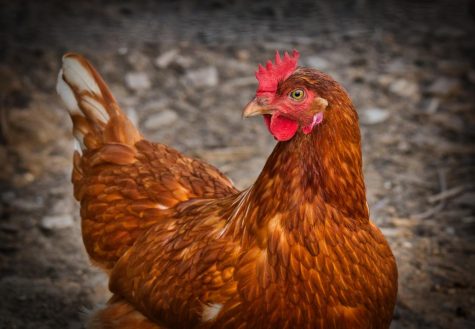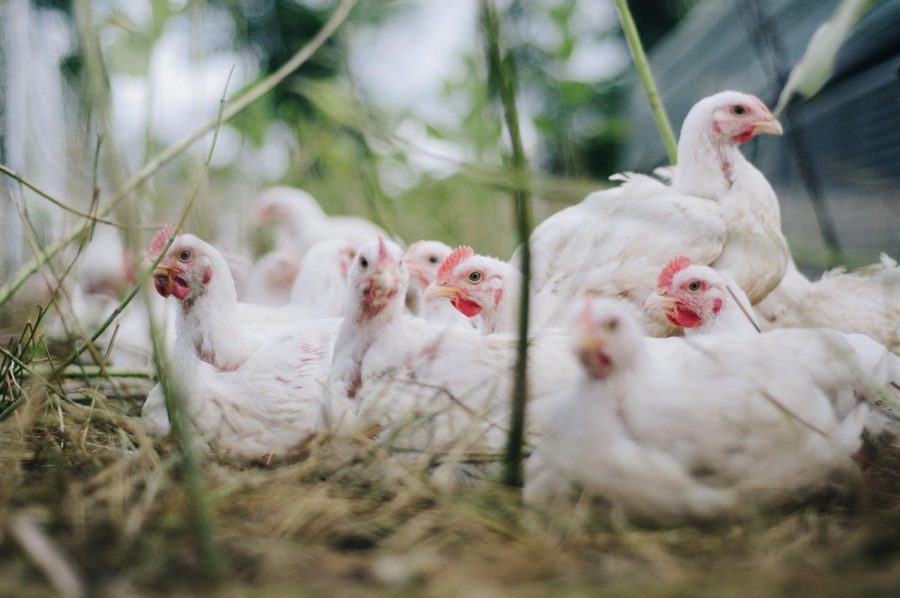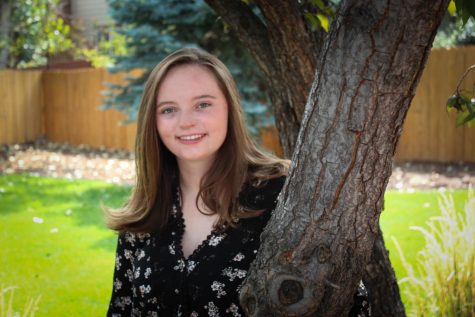Barn 8 by Deb Olin Unferth
March 31, 2021
Disclaimer: This critical review contains spoilers!
What came first, the chicken or the egg? This age old puzzling question, continues to stump all who are asked it. In Deb Olin Unferth’s Barn 8, the real question is, what came first, the chicken or the radical group hellbent on liberating the chicken through any means necessary. This modern age tale of liberation, romance, and animal rights would be perfect…. If you were in sixth grade. While the story has an important message, there is no end resolve, the constant character changes are confusing, and the lines read like a random stream of jumbled, incoherent thoughts. There is no fluidity, clarity, and the final pages leaves the reader frustrated because of the lack of closure.
In Barn 8 by Deb Olin Unferth, we are first introduced to Janey Flores, and watch as she grows from a 15 year old runaway in search of a father, who never paid her any attention, and see how she changes following the death of her mother Olivia. Janey is one of the main characters in the novel, but is quickly overshadowed by other characters, whose addition to the plot provides no real substance, and was unnecessary. Within the single character Janey, there are several different sub-characters. The ‘old Janey’ and the ‘new Janey’. While I understand that the author wanted to show this duality, and development of her character, explicitly stating that Janey was several different ‘sub-characters’ was too much. With seeing how Janey had changed from adolescent to adult life a competent reader would be able to see the shifting dynamic of Janey’s character. Starting over and over how this “New Janey ” was different from the “Old Janey ” made it too easy. I would rather see how her goals, motives and relationships changed for myself. Being explicitly told she was a different person made her character predictable and boring. Another main character in Barn 8 was Cleveland. She was already connected to Janey through an old babysitter, Olivia, Janey’s deceased mother. The dynamic between Janey and Cleveland is lacking, their original dynamic as boss and employee quickly develops into friends once Cleaveland is found after she takes the original chickens that were “liberated”. Cleveland, a seemingly ‘by the books’ problem solver would be the least likely candidate to begin a poultry revolution. Starting by just taking one hen, and eventually helping to orchestrate the removal of close to a million chickens. Alongside Janey, and Cleveland are Dill an unemployed animal rights drug addict, Annabell Green, an self-ex-communicated daughter of an important chicken farmer, and Jonathan Jarman Jr., a semi-successful businessman roped into the whole scheme by his ex wife, Annabelle. While some back story is important to the plot and shows what each character is like, they really don’t add a whole lot to the plot of the novel. Sure Jonathan and Annabell add some romance to the very stark chicken themed background, but other than that their only connections to chickens are far buried in their pasts. Dill adds very little substance to the plan, other than his general dislike for Jonathan. He is where the original liberated chicken was dumped, and that caused a domino effect for his involvement in the whole plan.

Furthermore, the overall plot and flow of the novel is lacking. While reading, I found myself asking multiple times, ‘what’s the point of this?’ or, ‘that was totally unnecessary’. There are several additional storylines in the main plot, which was confusing and their only use was to fill a minimum word count. While I enjoy twists and turns of a good book, these were uncalled for, and way too lengthy. Many seem underdeveloped, and as if Unferth was just letting her mind wander, but never completed her thoughts. The main group of characters requests the help of other animal rights activists, while insight to who these helpers are is important, Unferth fills five and a half pages with their names and highly specific back stories. I got bored reading this part, and found myself constantly skipping over them. It would be better if Unferth had just gotten straight to the point. However, I did appreciate that Unferth added the results of the chicken liberating activities. This added information shined a light on the thoughts and actions that happened. Barn 8, would have been a better read, without all these unnecessary added plot lines. They muddled and conflicted with the main plot, and caused me to become easily bored.
Finally, Deb Olin Unferth’s Barn 8, left me disappointed. The ending… didn’t really happen. There was no resolve, and all the attempts to better the Agricultural industry failed. Spoiler alert: almost all the chickens die. Why? Why can’t they all live, and continue their little chicken lives? I suppose this may have been a tactic used by Unferth to keep the reader hooked until the very, very end, or to be a conversation starter for people trying to find a new book club book. I thought it was unnecessary, and nulled the entire climax of the story. The whole storyline of this novel was to save the chickens. But in the end, “… nearly all the farm’s hens died, about a million.” (Unferth 217). The actual group self-tasked with liberating and saving the chickens quickly turned on each other and burnt down Barn 8. The titular barn was not supposed to be full, and pulled the string that would unravel the rest of the operation. This scene both shocked and disappointed me. Was this just a quick and easier end to this book? Or an expertly crafted scene, specifically, and precisely placed within the pages of the novel? I think it was the former. Why do this? Does Unferth have something against chickens? What was the point of not letting them live out their already short chicken lives? Unferth also seems unsure of why the chickens died, what was the reasoning behind this major decision? What did these feathery martyrs, unwillingly sacrifice their lives for?
This ending was not needed. In an environment, and industry that the animals never win in, why not let them win this one? I understand that I am starting to sound like the many ‘radicals’ that tasked themselves in saving these birds, but who wouldn’t feel the same way? The lack of closure in this book makes it difficult for me to want to recommend it to anyone else.
While content wise, and vocabulary wise it was easy, almost painfully so, I can not find much more in support of a recommendation for this novel. I feel no sudden urges to swear off meat indefinitely, nor do I want to go to a chicken farm and orchestrate my own coup. ( Get it?) The only thing I learned from Barn 8, was how to properly pick up a chicken, a skill I do not find myself needing anytime soon.


